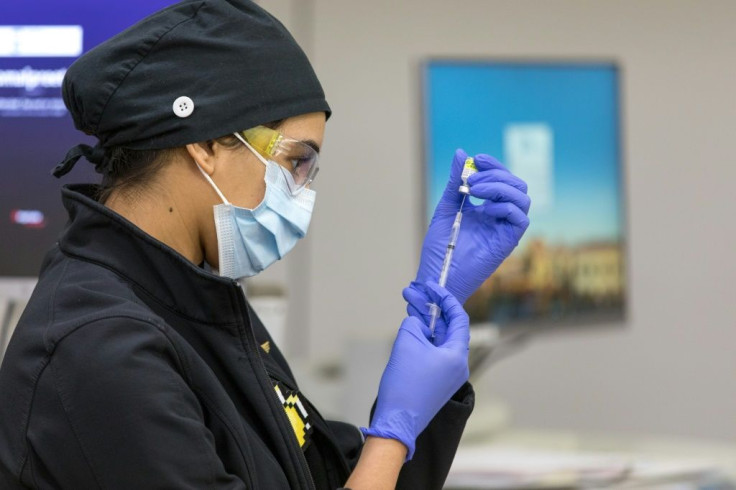Another COVID Variant: IHU Strain Detected In France, 12 Infections Already Reported
As the highly infectious Omicron variant continues to spread around the world, producing record cases of COVID-19, scientists are now concerned about a new strain of the virus that has already infected 12 people in southeastern France.
The variant, known as IHU or B.1.640.2, was first detected in France and has 46 mutations.
It was linked to a person who had traveled to the African country Cameroon, according to researchers from the Mediterranee Infection University Hospital Institute (IHU), who published a paper on medRxiv on Dec. 29. The paper has not been published in an academic journal.
Professor Philippe Colson, who leads the IHU department that discovered the strain, said, as reported by News.com.au, “We indeed have several cases of this new variant in the Marseilles geographical area. We named it 'variant IHU.' Two new genomes have just been submitted.”
The paper’s authors said the IHU variant has not been identified in any other countries and is not listed as a variant under investigation by the World Health Organization.
Since its discovery on Dec. 10, the variant has not rapidly spread, but researchers are concerned over its 46 mutations which could evade vaccines, the Daily Mail reported.
The IHU strain was detected during next-generation sequencing. The patient, which the variant was first identified in, was fully vaccinated and had tested positive for the virus after returning from a trip to Cameroon, according to the research paper.
It is unclear if the IHU variant will become a “variant of concern” or if it is more transmissible or severe than the Omicron or Delta variants.

© Copyright IBTimes 2024. All rights reserved.











